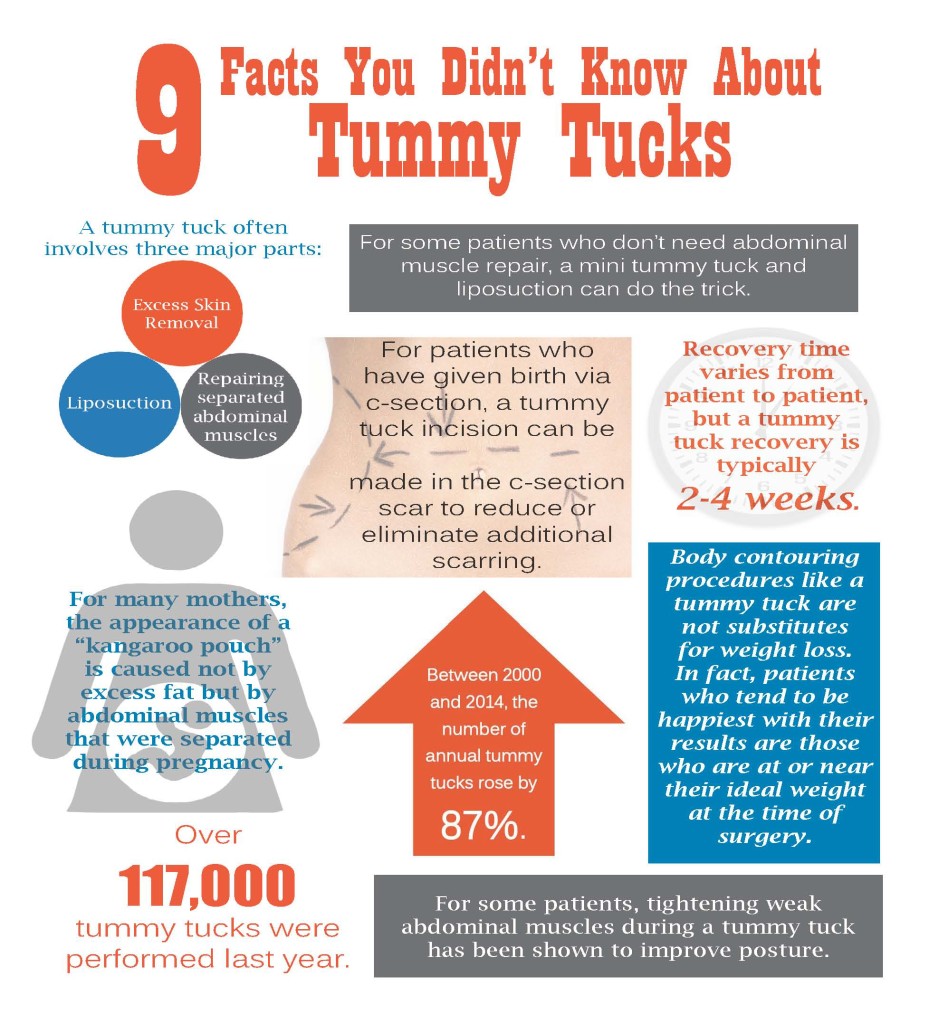Every patient has their own reasons for seeking plastic surgery, but one group of patients that I’m especially glad to serve are those who have successfully lost large amounts of weight. Whether it’s done through bariatric surgery or through a lifestyle change including diet and exercise, healthy weight loss is an accomplishment to be proud of. Unfortunately, instead of celebrating when they reach their goal weight, many patients find themselves disappointed by the excess skin that has been left loose and saggy instead of keeping up with the slimming process. On the other hand, other weight loss patients never have a problem with loose skin. Why does this affect some patients but not others?
 The answer lies in the makeup of the skin, and what makes it firm in the first place. A large proportion of our skin is made up of collagen—a protein that our bodies produce significant amounts of when we’re young. This protein gives the skin youthfulness, firmness, and elasticity. However, collagen is only effective to a point. If the skin is stretched too much for the collagen to be able to seamlessly bounce back into shape when it no longer needs to stretch as far, the results are stretch marks and loose skin. Unfortunately, there are a number of factors that contribute to whether your skin will be able to keep up with weight loss or whether it will fall behind:
The answer lies in the makeup of the skin, and what makes it firm in the first place. A large proportion of our skin is made up of collagen—a protein that our bodies produce significant amounts of when we’re young. This protein gives the skin youthfulness, firmness, and elasticity. However, collagen is only effective to a point. If the skin is stretched too much for the collagen to be able to seamlessly bounce back into shape when it no longer needs to stretch as far, the results are stretch marks and loose skin. Unfortunately, there are a number of factors that contribute to whether your skin will be able to keep up with weight loss or whether it will fall behind:
- Amount of weight lost—Understandably, the more drastic the change in size, the more difficult it will be for the skin to stay firm. For instance, patients who lose 20 pounds generally won’t experience much of a change in their skin’s firmness, while patients who lose 100 pounds are much more likely to have loose skin.
- Age—Collagen production naturally slows as we age, which is why facial aging often occurs in the form of sagging skin. The younger you are when you lose the weight, the more collagen your skin will have, which makes it more likely that your skin will look firm and youthful after you’ve reached your goal weight.
- How many times you gain and lose weight—We’ve all seen the effect on a rubber band when it’s been used many times—every time it’s less and less able to snap back to its original size. Your skin experiences a similar problem when weight is gained and lost repeatedly, so each time you’re more likely to have loose skin.
- How quickly you lost weight—The patients that tend to be at higher risk for excess skin after weight loss are those who have lost their weight through bariatric surgery. In general, the more slowly you lose weight, the easier it is for your skin to gradually shrink as your body does, but when weight loss occurs more quickly, it’s more difficult for your skin to keep up.
- Genetics—With skin’s recuperation after weight loss, as with many situations, there is a bit of luck involved. Just as some women can go through pregnancy without a single stretch mark, some patients are genetically more or less likely to have skin that struggles to retain firmness through weight loss.
It’s impossible to predict whether you’ll find yourself facing excess skin after dramatic weight loss. Rest assured, however, that weight loss is a victory that should always be celebrated, and cosmetic surgery like a tummy tuck, thigh lift, or arm lift can help weight loss patients finally reap the benefits of their hard work. To get started on your journey toward an appearance that makes you feel confident, schedule a consultation with me, Dr. Franklyn Elliott, or join me on Facebook, Twitter, and Google+.


